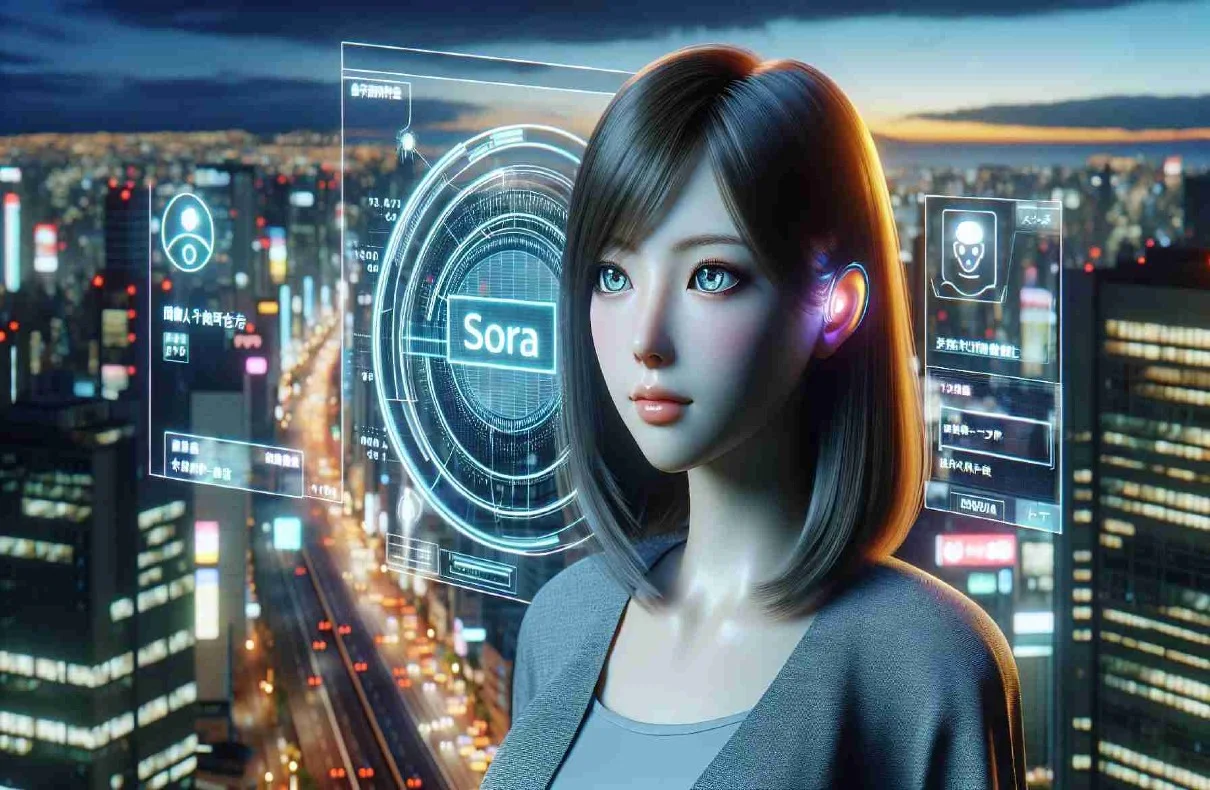
OpenAI has made waves once again with the introduction of their latest innovation – Sora, a groundbreaking text-to-video generator. With Sora, OpenAI has taken a significant leap forward in the realm of generative AI, instantly creating short videos in response to written commands. While similar tools exist in the market, Sora stands out for its impressive video quality and attention to detail, raising both excitement and concerns about the ethical and societal implications of this technology.
Sora, OpenAI’s text-to-video generator, is a powerful AI application that utilizes generative AI to transform written prompts into original videos. With Sora, users can create videos up to 60 seconds long, featuring highly detailed scenes, complex camera motion, and vibrant emotions portrayed by multiple characters. The tool can even generate videos from still images, showcasing its versatility and potential for various creative applications.
The Enigmatic Elon Musk and the OpenAI Controversy Over Contract Breach
While Sora is not the first of its kind, its capabilities have impressed industry analysts and observers. Google, Meta, and the startup Runway have all explored similar technology. However, Sora’s videos have garnered attention for their high quality and realism, departing from the uncanny valley often associated with AI-generated content. The videos produced by Sora reflect a greater understanding of physics and the real world, making them more engaging and visually appealing.
Sora’s impact extends beyond the realm of AI technology. Its ability to create realistic videos opens up new opportunities for professionals in creative fields such as filmmaking, advertising, and marketing. Voice actors, video game developers, and content creators can leverage Sora to streamline their production process and potentially reduce costs. The tool’s potential for generating narrative videos based on simple prompts also holds promise for content platforms like Netflix, enabling end-users to develop their own content experiences.
While Sora’s capabilities are remarkable, they also give rise to concerns about potential misuse and ethical implications. In an era of highly polarized politics and misinformation, the ability to generate videos that appear realistic and authentic raises significant concerns. The risk of fraud, propaganda, and misinformation becomes amplified with the introduction of AI-generated videos. As the 2024 election cycle approaches, these issues become even more critical, requiring careful consideration and safeguards.
OpenAI acknowledges the potential risks associated with AI-generated videos and is taking important steps to address them. The company is engaging with domain experts in areas such as misinformation, hateful content, and bias to adversarially test Sora and identify potential vulnerabilities. OpenAI is also developing tools, including a detection classifier, to identify misleading content generated by Sora. By actively involving experts and embracing transparency, OpenAI aims to ensure the responsible and safe use of this powerful technology.
While Sora is a significant milestone, it is essential to recognize that other players in the industry have explored similar technology. Google, Meta, and Runway ML have all showcased their own text-to-video generators. However, Sora’s launch demonstrates notable advancements in video quality and consistency, setting a new standard for AI-generated videos. The combination of improved video length and realistic visuals opens up exciting possibilities for incorporating AI-generated video into traditional content.
As AI technology continues to advance rapidly, governing its use becomes increasingly crucial. Tech companies currently have significant influence in shaping the ethical and societal implications of AI-generated content. Governments around the world are working to catch up, with the European Union recently reaching a landmark deal on comprehensive AI rules. However, the responsibility to ensure ethical use of AI lies with both technology companies and society as a whole.
Humane’s Ai Pin offers an intriguing concept and shows great potential
OpenAI’s commitment to transparency is crucial in addressing concerns surrounding Sora’s development. While the company has not disclosed specific details about the training data used for Sora or the imagery and video sources involved, OpenAI’s technical report provides an overview of their approach. OpenAI’s collaboration with domain experts and commitment to safety measures further demonstrate their dedication to responsible AI development.
OpenAI has faced legal challenges related to copyright infringement in the past. Lawsuits have been filed by authors and The New York Times regarding the use of copyrighted works to train ChatGPT. These challenges highlight the importance of navigating copyright laws and ensuring proper licensing agreements to protect intellectual property rights. OpenAI’s partnership with The Associated Press for licensing text news archives showcases their commitment to respecting copyright regulations.
